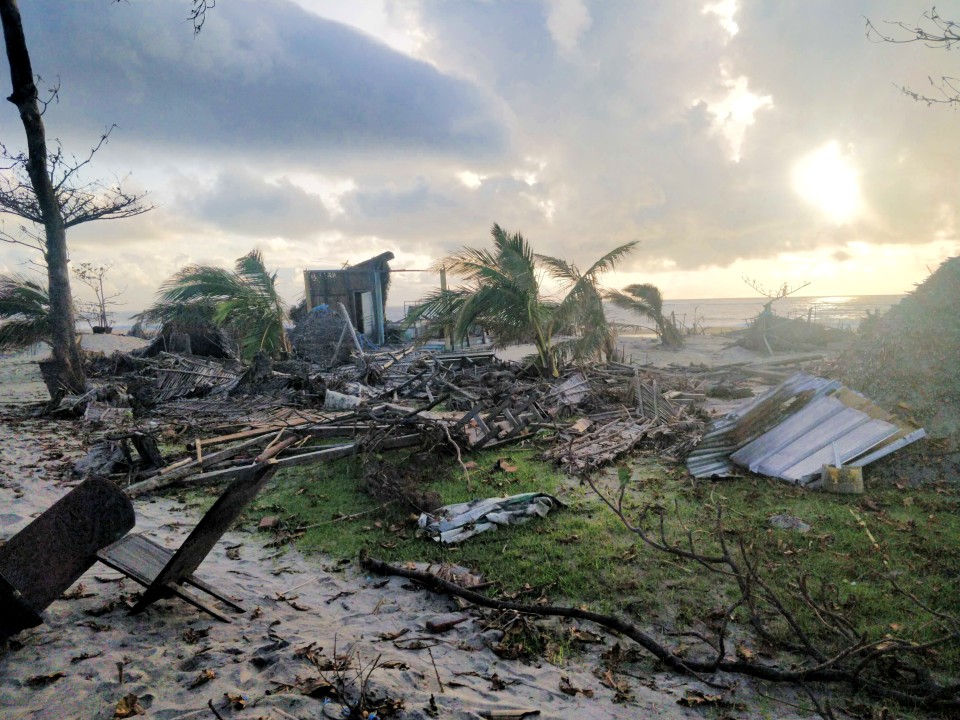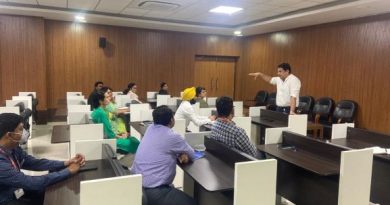Parliament Passes Disaster Management Amendment Bill 2024 Amid Opposition Criticism
New Delhi: On Tuesday, Parliament passed the Disaster Management (Amendment) Bill 2024, with the Rajya Sabha approving the legislation by a voice vote despite strong opposition and criticism. The bill aims to enhance the efficiency of national and state disaster management authorities and was previously approved by the Lok Sabha on December 1.
During the Rajya Sabha debate, opposition members expressed concerns about perceived political bias in disaster relief efforts and proposed several amendments, all of which were rejected by the majority. Union Home Minister Amit Shah defended the bill, asserting it would enable states to manage disasters more effectively and promote a robust and coordinated approach.
Addressing Challenges in Disaster Management
Shah emphasized that the amendments were informed by feedback from states that highlighted challenges in implementing the Disaster Management Act of 2005. “These amendments are based on the difficulties flagged by states and the suggestions they provided,” he stated.
The bill aims to clearly define the roles and responsibilities of various agencies involved in disaster management, ensuring better coordination and uniform responses. Shah also highlighted that financial assistance for disaster management would be decentralized, with funds allocated at the state and district levels. The amendment is expected to expedite decision-making during crises and enhance preparedness across all levels of governance.
Opposition Criticism and the Government’s Defense
Opposition members, particularly from Kerala, accused the Centre of insensitivity in managing disasters, especially in Wayanad. They claimed that disaster relief efforts were politically biased and lacked equitable distribution. However, Shah dismissed these allegations, asserting that the bill does not undermine the federal structure of governance; rather, it empowers states further in disaster management planning and execution.
He clarified, “The primary responsibility for disaster management lies with the District Disaster Management Authority (DDMA), which operates under the state government.” He also assured that disaster preparedness and mitigation strategies would be improved by strengthening coordination among central, state, and district authorities.
Shah countered the allegations of bias by pointing out that the existing disaster management framework was established by the UPA government in 2005. “If there was bias, it stemmed from the law created by the UPA government. We have not altered that framework. We have provided states with more financial assistance than what the Finance Commission recommended,” he stated.
A Shared Responsibility for Effective Disaster Response
The Home Minister underscored that disaster management is a shared responsibility involving the Centre, states, local bodies, and citizens. “Prime Minister Narendra Modi’s 10-point agenda on disaster risk reduction has been endorsed by over 40 countries. This is a collective effort that requires participation from all stakeholders,” he added.
The amendment also focuses on improving early warning systems, disaster preparedness programs, and rapid response mechanisms to minimize the impact of disasters. The government has emphasized that proactive measures will be implemented to prevent large-scale destruction and ensure quicker rehabilitation for affected populations.
With the passage of this bill, the government aims to streamline disaster response mechanisms, ensuring that states are better equipped to handle emergencies efficiently and effectively, thereby reducing loss of lives and property.


